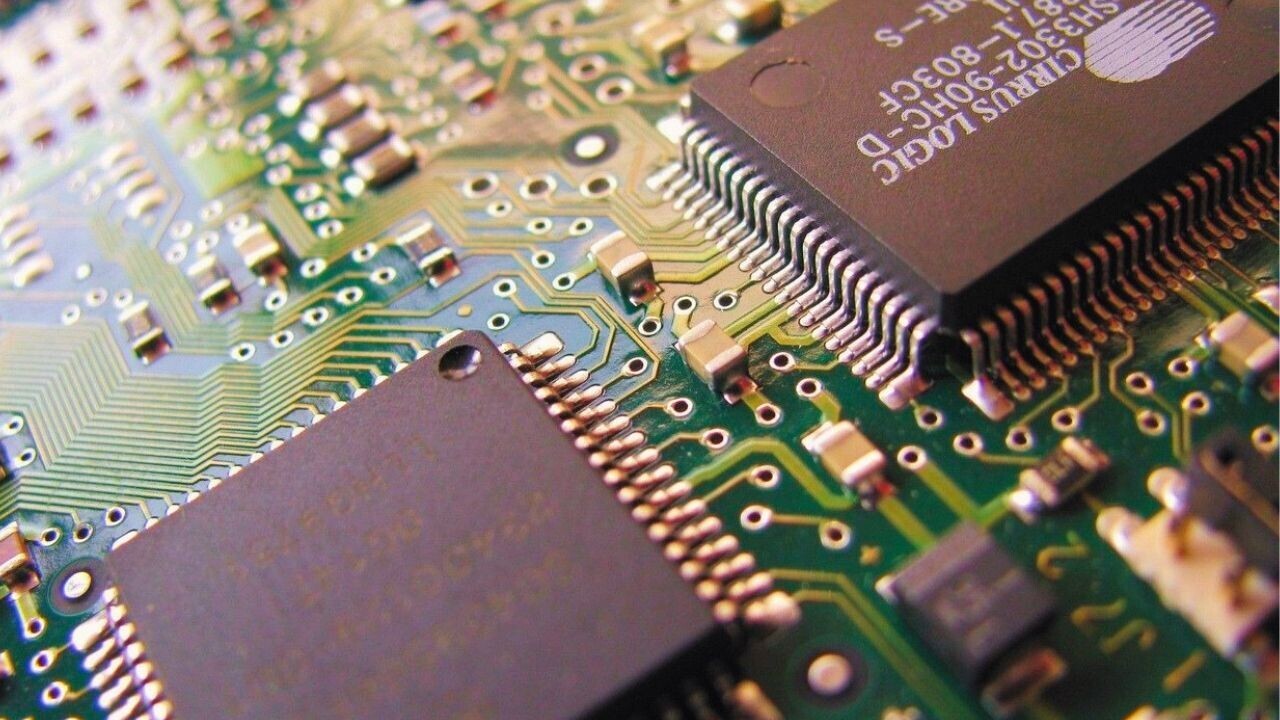
Story by
Ioanna Lykiardopoulou
Ioanna is a writer at SHIFT. She likes the transition from old to modern, and she’s all about shifting perspectives.
Ioanna is a writer at SHIFT. She likes the transition from old to modern, and she’s all about shifting perspectives.
According to EU data, numerous vital tech sectors in the bloc have been suffering from supply shortages in semiconductor chips, mainly as a result of the European dependency on imports from a limited number of companies and countries. To address this issue, the union aims to boost its domestic industry by implementing new legislation.
On Wednesday, the European Parliament adopted its position on two proposed draft bills: the Chips Act and the Chips Joint Undertaking.
On the Chips Act, MEPs endorsed the text put forward by the Industry Committee and expressed their support of its three main measures:
- Reinforcing technological capacity and innovation and attracting talent.
- Encouraging investment and increasing production capacity.
- Implementing a crisis response mechanism, enabling the Commission to monitor semiconductor supply, assess risks, and anticipate shortages.
Commenting on the Chips Act, rapporteur Dan Nica said that it should establish Europe as a “key player” in the global semiconductor market. “Not only does the budget need to be commensurate with the challenges and funded through fresh money, but the EU should lead in research and innovation, have a business-friendly environment, a fast permitting process and invest in a skilled workforce for the semiconductor sector,” he added.
On a separate vote, MEPs also backed the Chips Joint Undertaking proposal, which implements the measures put forward under the Chips for Europe initiative, and complements the Digital Europe and Horizon Europe programmes. Its aim is to increase investment in research, development, and innovation infrastructure in order to bolster large-scale capacity building.
“Microchips are integral to the EU’s digital and green transitions as well as our geopolitical agenda,” rapporteur on the Chips Joint Undertaking Eva Maydell said. “We are calling for fresh funding that reflects the strategic importance of Europe’s chips sector. Europe’s partners and competitors are also investing heavily in their semiconductor facilities, skills, and innovation.”
The European Parliament is now ready to begin talks with the Council on both bills. If negotiations are successful, the Chips Act could be a game changer for Europe. Earmarked at €43 billion and aiming to account for 20% of the world’s supply by 2030, the act could help the EU reinforce its competitiveness and sovereignty in the sector.










